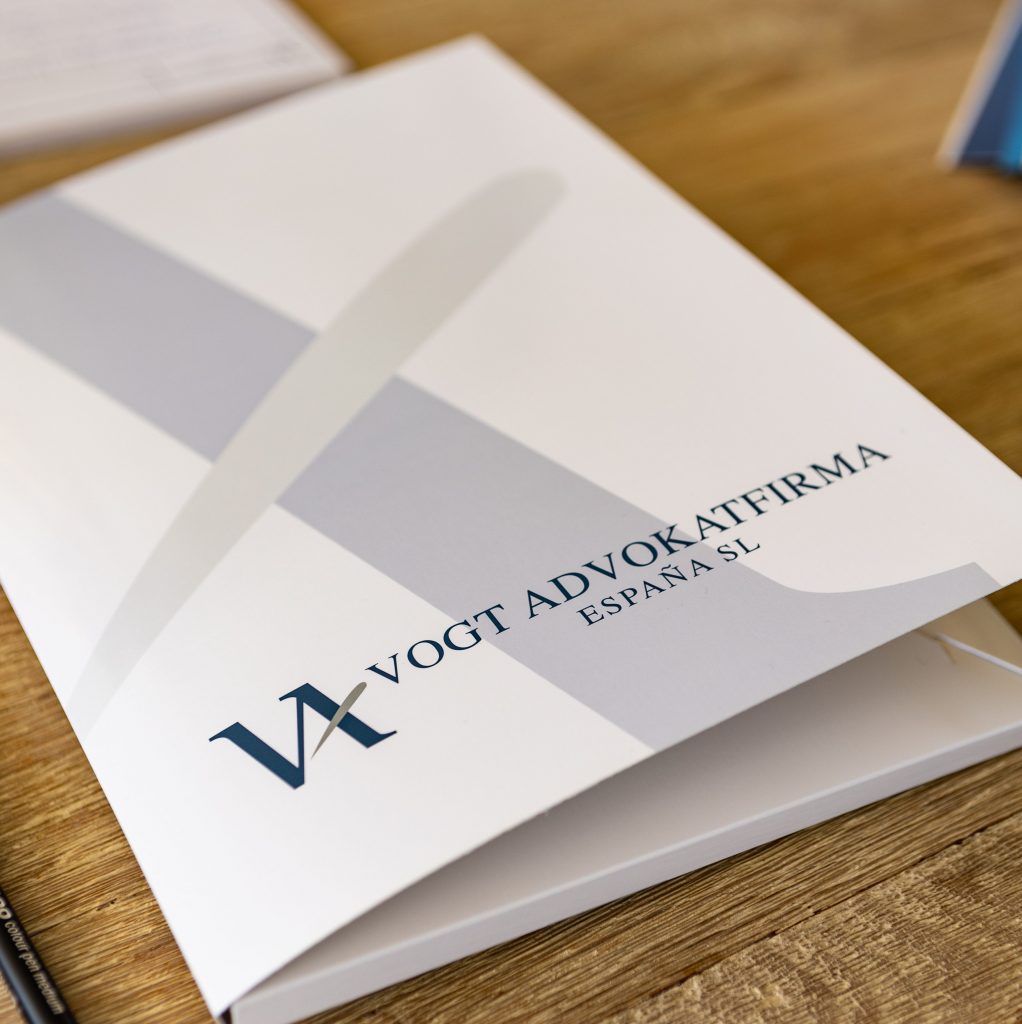If you want to rent out your Spanish home – whether long- or short-term – you need to make sure you are aware of your rights and duties as a landlord.
It has become quite common to rent out a house you have bought in Spain when you are not there, or to finance the purchase. Being a landlord involves both rights and duties. The first thing on the agenda should be setting up a written agreement with your tenant.
Make sure you know which laws concern you
In addition to national laws on rental homes you also have to follow the laws of the region where your home is located. There are differences between holiday tenancies of tourist homes and more permanent tenancies.
When it comes to holiday rentals, the rent period is counted in days or weeks, the home is fully furnished, and the tenant has another permanent home. In more permanent rentals, the contract should be agreed for a period shorter than 12 months, but it can still be prolonged by up to three years.
In all cases the rent income must be taxed and documented in the Spanish tax declaration.
What needs to be paid?
The tenancy amount should be transferred between you and your tenant, who should pay a deposit for at minimum one month beforehand. Commonly, the landlord pays for water, electricity and other relevant costs, except in more permanent rentals where the tenant typically cover these costs. Unless anything else is agreed, the landlord normally pays for common rental property expenses and property tax.
Solid tenancies need solid contracts. Knowing what rules and laws on tenancy in Spain you have to follow can save you from experiencing expensive conflicts afterwards
José Luis Rojas Vazquez, lawyer and partner in Vogt Law Firm
Make sure you agree on the home´s inventory and condition before the rental starts
Does your home have cracks and mould, is the electricity working as it should, and what furniture was actually there when the tenancy started? Agreeing on these terms from the start can save both you and your tenant from uncomfortable situations.
The contract should ideally include a condition report based on a property inspection carried out before the tenancy begins. Likewise, an inspection where both you and your tenant are present after the tenancy period has ended makes the process of paying back the deposit much easier.



When the tenancy comes to an end
If you want to be prepared for a possible sale in the future, the contract should specify your right to show your home to potential buyers. If you tenant wants to buy the property when you decide to sell it, they are first in line, following the same conditions as any other interested parties.
The contract should clearly state the amount that the tenant must pay if they decide to end the tenancy, however, the tenant can generally pull out after six months with a notice period of 30 days.
If you wish to end a permanent tenancy, you have to give the tenant a written notice for them to sign. Throwing out a tenant is a long and complicated process that no one wants.
Spanish laws primarily protects the tenant. That means that even a solid and secure tenancy agreement might not be enough to save you – as the landlord – in serious conflicts.
Luckily, most issues can be solved before they go too far, and a written agreement from the beginning is always a good starting point for both parties.





